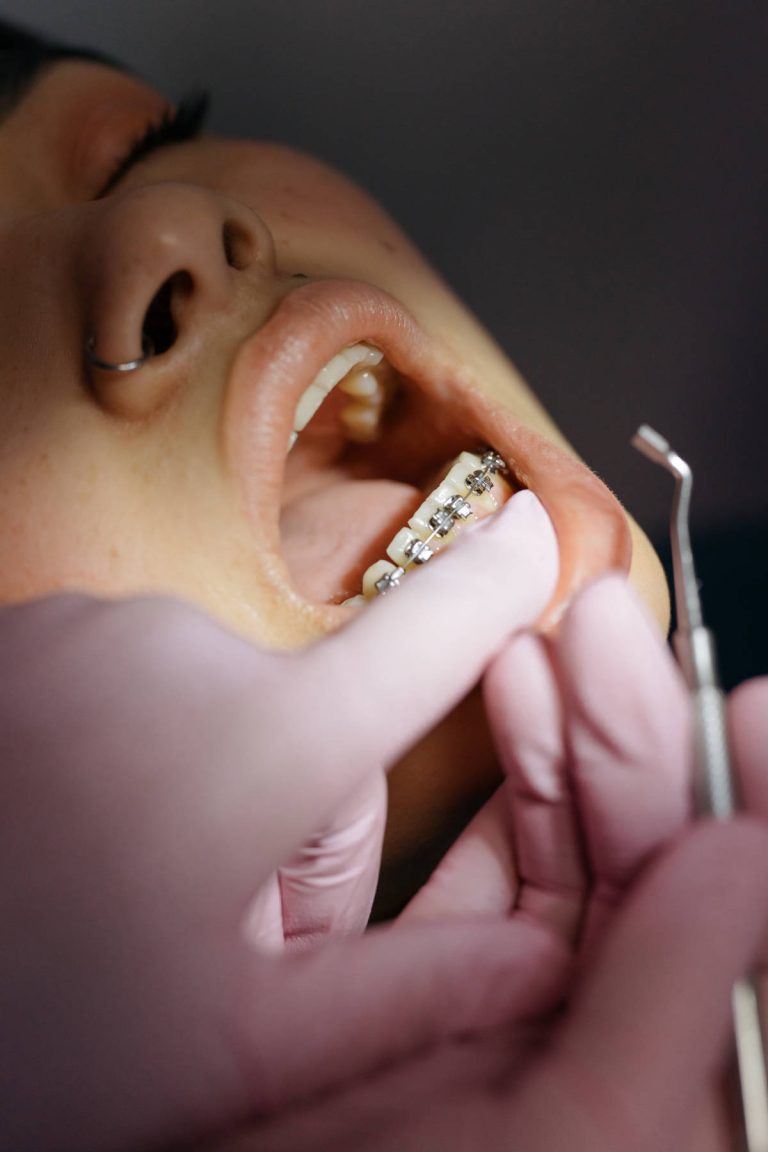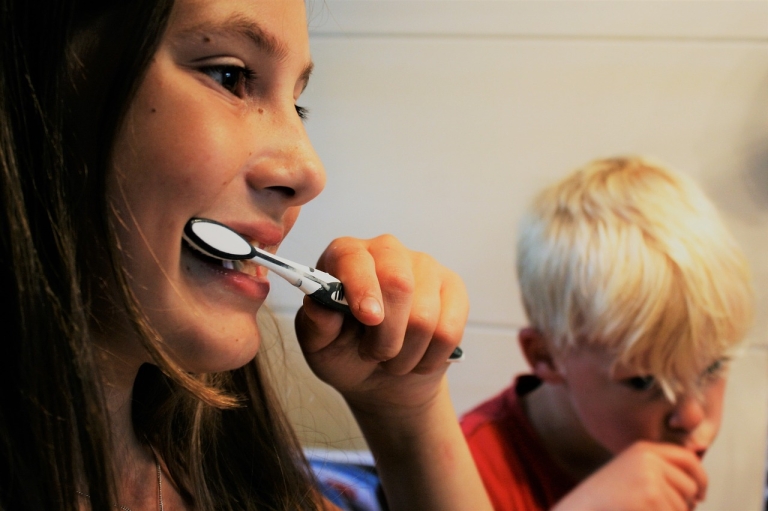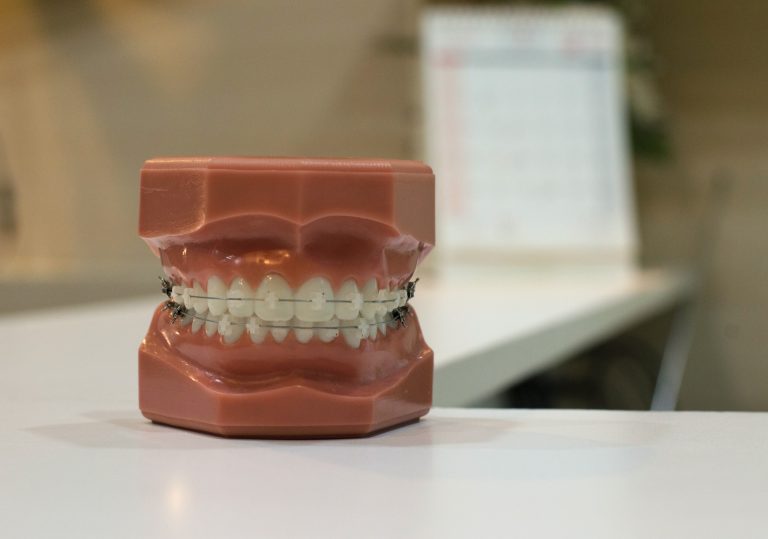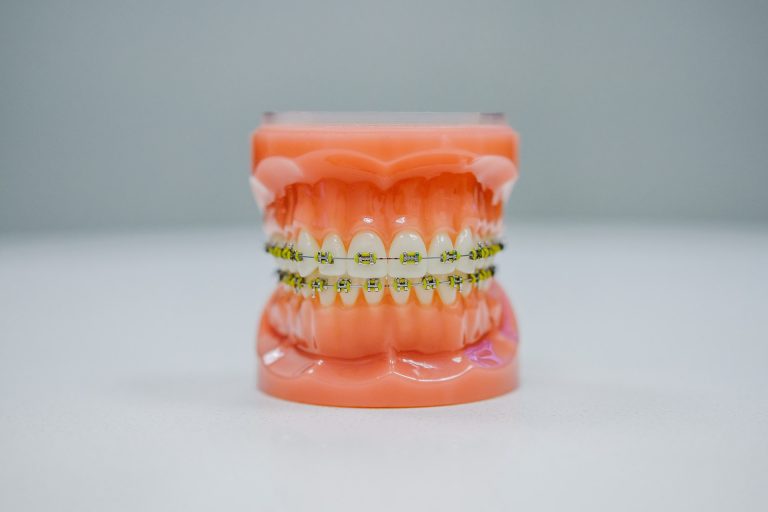The 10th of March was National No Smoking Day this year. It was successful in emphasising the adverse effects of smoking, which include a number of clinically documented oral health problems.
The majority of the public now realise that smoking is bad for their health. It can cause a wide range of medical problems, including deadly diseases in some cases. However, many people are ignorant of the harm that smoking causes to their lips, gums, and teeth.
Tobacco usage can lead to tooth discolouration, gum disease and tooth loss. In the worst-case situation, it can lead to oral cancer.
Effect of Smoking in the UK
In the United Kingdom, smoking is still the leading cause of deaths and diseases that could have been prevented. It’s what makes up half of the difference between how long on average rich and poor people live.
While Smoking rates have dropped dramatically during the last 20 years, they remain high in disadvantaged groups. People who live in social housing, for example, smoke roughly twice as much as those who reside in other types of housing.
Smoking is also significantly more common in people with mental diseases than in people without mental illnesses. Tobacco addiction has effects in many areas of a smoker’s life that impact on their overall health.
Smoking Causes Tooth Stain
Tobacco’s nicotine and tar lead to tooth staining, which is one of the negative effects of smoking. It can quickly discolour your teeth, and heavy smokers frequently complain that their teeth are almost brown after years of smoking.
Smoking causes Bad Breath
Smokers are more likely to have Bad Breath than non smokers. Mouthwashes and other mouthwashes may temporarily cover up the condition, but they will not cure it.
Smoking can Cause Teeth and Gum Disease
Gum disease is another typical side effect of smoking. Smokers are more likely to produce bacterial plaque, which leads to gum disease. Smoking harms the gums because it depletes oxygen in the bloodstream, preventing infected gums from recovering. When compared to non smokers, smoking causes more plaque build-up and accelerates the onset of gum disease. Gum disease is still the major cause of tooth loss in people.
The connection between smoking and cancer
Although smoking causes lung and throat cancer, many people are unaware that it is also a major cause of cancer of the mouth. Thousands of people die each year from mouth cancer caused by smoking.
Are there products for Smokers?
There are kinds of toothpaste created exclusively for smokers. They can be a little more abrasive than other toothpastes, so use them with caution. Your dentist may recommend using these toothpastes in addition to regular toothpaste. There are several ‘whitening’ toothpastes on the market. Although they have no effect on the natural colour of your teeth, they may be effective for removing stains and improving their overall appearance.
What should you expect from your Dental Hygienist?
Your Hygienist will check your teeth, gums, and overall mouth on a regular basis to guarantee your health.
They will also examine your cheeks, tongue, and throat for any signs of abnormalities that require more examination.
They may also be able to put you in touch with organisations and self-help groups that may supply you with the most up-to-date information to help you quit smoking.
Is there any more Treatment required?
Your dentist may recommend a Hygienist for extra treatment, thorough cleaning, and keeping a closer check on the health of your mouth. Your Hygienist will be able to tell you how frequently you should see them, but it is usually every three to six months.
How Quitting Smoking Can Positively Affect Your Teeth and Oral Health
Quitting smoking can have a number of beneficial effects on your teeth and overall oral health. Here’s how quitting smoking can help your smile:
- Whiter Teeth: Smoking stains your teeth, giving them a yellowish colour over time. When you stop smoking, your teeth will gradually return to their natural, brighter colour, which will improve the appearance of your smile.
- Fresher Breath: Smoking frequently causes chronic bad breath (halitosis) due to the odour of tobacco and its impact on oral hygiene. Quitting smoking can increase the freshness of your breath significantly.
- Reduced Risk of Gum Disease: Smoking is a primary cause of gum disease. Quitting reduces your chances of gum inflammation, bleeding, and infection, resulting in healthier gums and teeth.
- Less Tooth Loss: Smokers are more likely to lose teeth due to weakened and receding gums and impaired healing capacity. Quitting increases your chances of allowing your gums to heal and keeping your natural teeth for a longer period of time.
- Faster Healing: If you ever need dental procedures, such as extractions or surgeries, stopping smoking can help your body heal faster. Smoking reduces the body’s natural healing mechanisms by impeding blood flow.
- Reduced Oral Cancer Risk: Smoking is a substantial risk factor for mouth malignancies. Quitting smoking significantly lowers health risks, contributing to a healthier mouth.
- Improved Taste and Smell: Smoking dulls your senses of smell and taste. As you stop smoking, your senses gradually improve, allowing you to enjoy food and scents more fully.
- Better Oral Hygiene: Smokers frequently neglect their oral hygiene because of the effects of nicotine. When you stop smoking, you may find it easier to follow a regular oral care practise, which is essential for your dental health.
Remember that the advantages of quitting smoking for your oral health are only one of the many beneficial improvements you’ll experience. A smoke-free lifestyle not only results in a better smile but also enhances your general well-being. If you’re thinking about quitting, go to a healthcare professional for personalised advice and assistance.
Conclusion
The effects of Smoking on your teeth and overall oral health are profound and concerning. People who smoke are at a significantly higher risk of developing various mouth problems, including gum disease, tooth loss, and stained teeth. The harmful chemicals in tobacco contribute to the formation of tartar and plaque, which can lead to periodontal disease, ultimately causing loose teeth and even tooth loss.
Maintaining good oral hygiene practises such as regular brushing, flossing, and professional dental cleanings is crucial for disease control and prevention. Smoking not only exacerbates these oral health issues but also contributes to dry mouth, which further compounds the risk of periodontitis and tooth decay.
To mitigate these risks and improve your oral health, quitting smoking is a crucial step. Additionally, teeth whitening treatments may help address the issue of stained teeth, but it’s essential to address the root cause by eliminating tobacco use. Overall, by quitting smoking and adopting a diligent oral care routine, you can work towards preserving your teeth and enjoying better oral health.
Contact Us!
Take the first step towards a healthier smile today! If you’re concerned about the impact of smoking on your dental health, reach out to us. Our experienced team is here to help you on your journey to better oral health.
Call us to schedule an appointment or consultation. Don’t let smoking compromise your smile any longer. Let Southside Dental Care be your partner in achieving and maintaining excellent dental health. Your brighter, healthier smile awaits!





